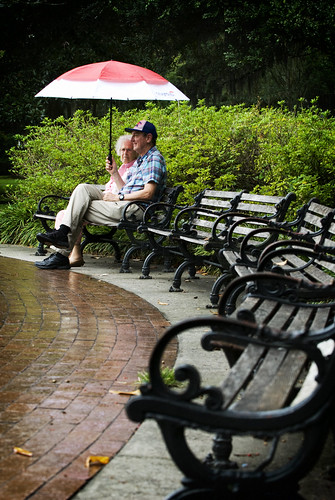In 1966, Julian Lennon came home with a drawing of his friend Lucy O’Donnell. In his drawing, she had diamonds for eyes. Young Julian showed
 his father the drawing and told him it was “Lucy in the sky with diamonds.” Despite the song’s innocent inspiration, Lewis Carroll references, and odd chord structure and meter (6/8 verses and 4/4 chorus), it was banned by the BBC because of its drug references.
his father the drawing and told him it was “Lucy in the sky with diamonds.” Despite the song’s innocent inspiration, Lewis Carroll references, and odd chord structure and meter (6/8 verses and 4/4 chorus), it was banned by the BBC because of its drug references.For whatever reason, the story got me thinking about muses; the individuals, mostly women I suppose, who inspired artists—painters, poets, musicians, and photographers alike. For generations, scholars—and Nat King Cole—have debated the origin of La Gioconda—The Mona Lisa. Who was she? What brought that smile? Layla was inspired by Eric Clapton’s obsession with model Patty Boyd, who at the time was married to friend George Harrison. How many museums, book shelves, or iPods are filled thanks to a glimpse, a chance meeting, a lifetime relationship, or a broken heart?
So goodbye Lucy O’Donnell. The world never met you, but you live on thanks to your inspiration of John Lennon and Paul McCartney, who co-wrote your song. I think I’ll pull out my iPod and fire up some Beatles just for you.








